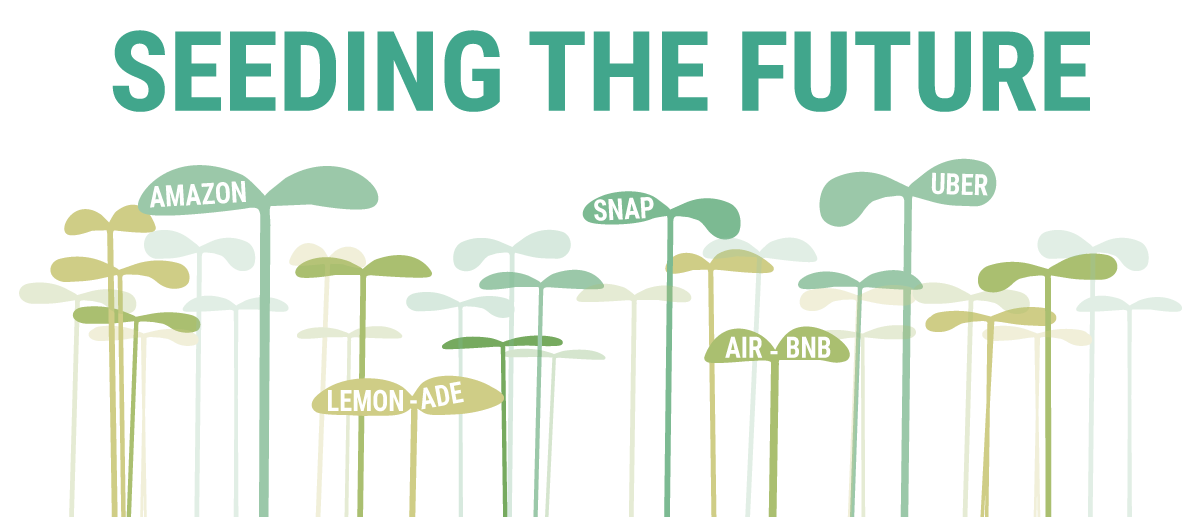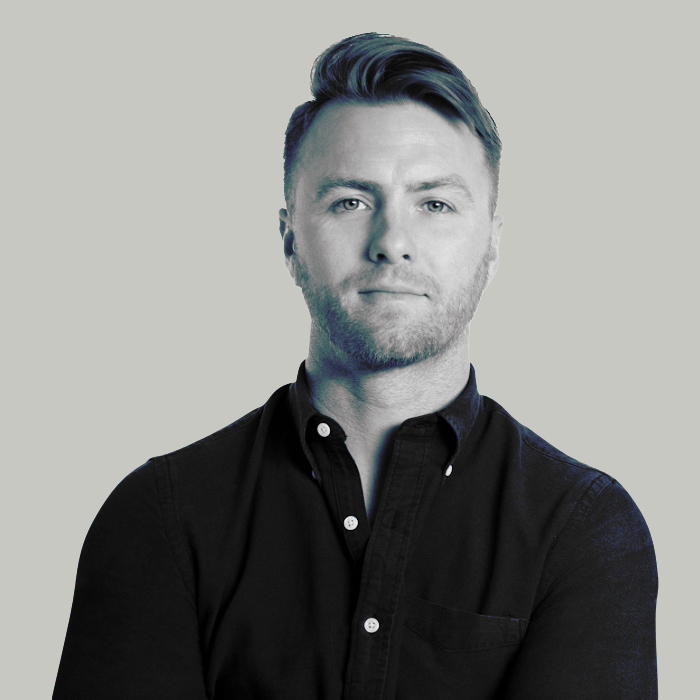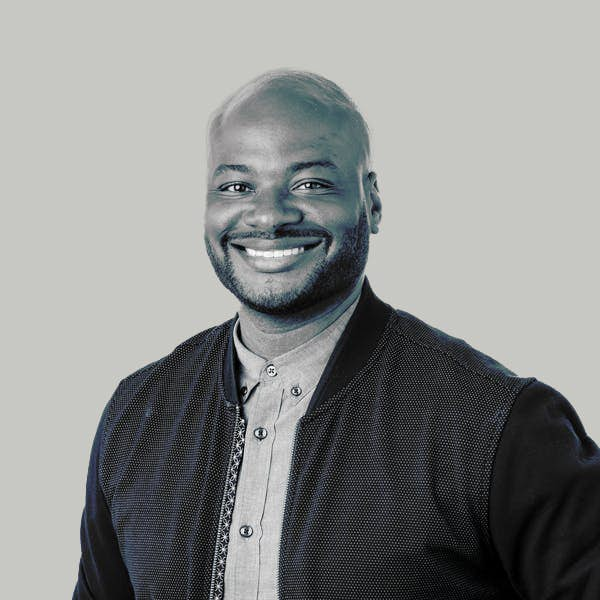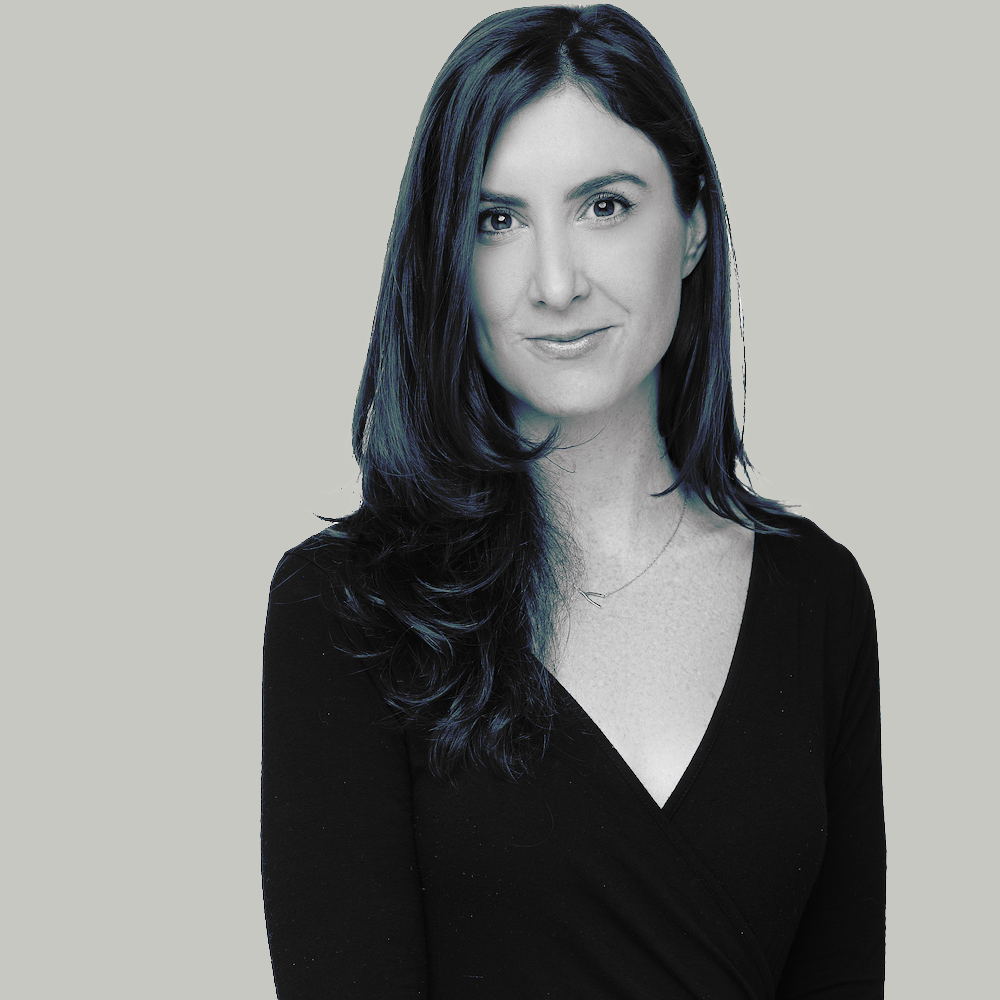Seeding the Future: Defining Seed

Our “Seeding the Future” series explores trends, opportunities, and companies from the seed and pre-seed venture world. This is the investment focus of AVG’s newest Basecamp Fund.

The fund is now open! Click below to learn more.
Challenges & Opportunities in Seed Investing
To help bring to life the challenges and opportunities in seed investing, as well as AVG’s unique approach and assets, we interviewed our Basecamp team. The team includes four full-time Managing Partners, based in three key venture hubs (San Francisco, NYC, and Chicago), plus four other full-time Principals and Analysts. Click here to see our team and their bios.
Today’s discussion with our MPs focuses on defining seed, understanding what’s different about this stage, and spotlighting some of the challenges.
Meet Our Managing Partners

Catherine Lu
Managing PartnerBefore joining the Basecamp Fund, Catherine was a successful entrepreneur, product manager, and software engineer. She was Director of Product at NEA-backed DataVisor, an enterprise company offering an unsupervised machine learning fraud solution. Prior to that, she co-founded the retail analytics company Fancy That (acq. acquired by Palantir in 2015). While at Stanford, she built an online platform used by thousands of students and instructors to streamline grading. Catherine graduated from Stanford with a BS and MS in Computer Science, focusing on AI.
What are some challenges in seed investing?
Catherine: There are a lot of unique challenges, with the foremost being there just isn’t a lot of data that you can rely on. In addition, because these companies are so young and they’re often at the cutting edge of various fields, some ideas may be very novel. That requires more diligence effort and takes more time to get comfortable with the investment and founders.

Matt Scott
Managing PartnerPrior to joining Basecamp, Matt was an experienced founder and operator of multiple venture-backed businesses: Integral Ad Science (acq. by Vista Equity Partners), enterprise SaaS platform Suzy (backed by The Foundry Group, Tribeca Venture Partners), and a direct-to-consumer brand (backed by Lerer Hippeau). Earlier, he was a member of the corporate venture practice at Nike and an investor at Coriolis Ventures. He began his career as an innovation strategy consultant for Procter & Gamble. Matt holds an MBA from NYU Stern and BA from Tulane University.
What makes seed investing particularly unique relative to the rest of the venture capital stages?
Matt: These are immature, nascent businesses, so there’s not a lot of data. You use proxies, but at the end of the day, you have to build conviction around the team. The only thing that is certain in early stage venture is that things definitely won’t go according to plan. The team has to have the chops to navigate the twists and turns ahead.
Can you explain the difference between seed and pre-seed investing stages?
Matt: A pre-seed or seed company is raising the first — or one of its first — institutional rounds. It’s maturity and valuation that distinguishes it. From a valuation standpoint, the earlier a company is in its growth trajectory, the lower a valuation is.
Generally at the seed stage, you look for scalable revenue and demonstrated ability for that company to accelerate their revenue acquisition. They have a product, a business, and a bit of a team in place. You could think of seed valuations in the $10 to $18 million or so pre-money valuation.
Pre-seed is the precursor to that. The company usually has a really strong founding team that we believe can recruit and scale up. They may be pre-revenue, but they’ve moved past the idea stage to have a minimum viable product. Pre-seed valuations are in the $5 to $10 million range.

Wayne Moore
Managing PartnerMost recently Wayne served as a founding partner at Purple Arch Ventures, AV’s fund for Northwestern alumni. Before that, Wayne was an executive on the global content acquisition team at Netflix and VP of Business Development at Silver Chalice Ventures, a digital media startup. Wayne began his career as a Surface Warfare Officer in the US Navy. He holds a BS in industrial engineering from Stanford, an MBA from Kellogg, and is a Kauffman Fellow (Class 25). He is an advisor to several startups and founding board member of Great Lakes Academy Charter School.
What excites you about seed investing?
Wayne: I love connecting with people that are trying to change the world! At the seed stage, you focus heavily on the team and their vision. There are fewer metrics and obvious indicators of success, so you’re really trying to find those diamonds in the rough. I love the process of searching for these founders and find it fascinating to connect with talented entrepreneurs who are driven to create a difference and change the status quo.
In looking at pre-seed and seed deals, what do you think are the pitfalls for the average investor?
Wayne: Three major ones.
- I’d say the average investor just doesn’t see enough opportunities. You have to see a lot of deals to really understand and delineate between good and great companies.
- There are also problems with quality access. Historically, deals done by top VCs perform much better, which creates a cycle of the best entrepreneurs going back to these great VCs. Most investors don’t have the ability to access this deal flow.
- To minimize risk, you should try to diversify across geography and sector. Having consistent exposure to high-quality deals across different industries and in different markets is really tough for the average investor.

Andrea Funsten
Managing PartnerAndrea has worked with early and growth-stage companies as an investor and an operator. Previously, she was an investor at Fika Ventures and Expa, the venture studio started by the founder of Uber. Prior to venture, Andrea was an early employee of proptech company VTS before founding Loop, a two-sided marketplace for tenants to leverage collective buying power for home services. She started her career in commercial real estate at CBRE Group, the world’s largest commercial real estate services and investment firm. Andrea holds a BA from the University of Pennsylvania.
How does your personal experience inform your view of seed investing?
Andrea: I started a company that failed to find product market fit, and ultimately we wound it down. I like to say that now I know 100 ways to not run a company, because of that experience.
I came away with an empathy for the startup journey. I truly believe that you have to be a little crazy to start a company. It’s not for the faint of heart — or for the strictly logical. Learning that from my own failure has helped inform how I evaluate companies as an investor.

AVG’s Basecamp Fund offers investors a portfolio of ~100 pre-seed and seed investments diversified across sector and region. Approximately 25% of the fund is reserved for follow-on investments. Minimum starts at $25K. The fund is now open! Click below to learn more.
Contact [email protected] for additional information. To see additional risk factors and investment considerations, visit av-funds.com/disclosures.